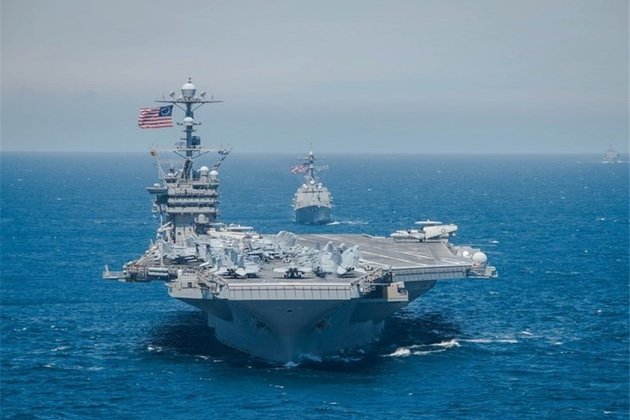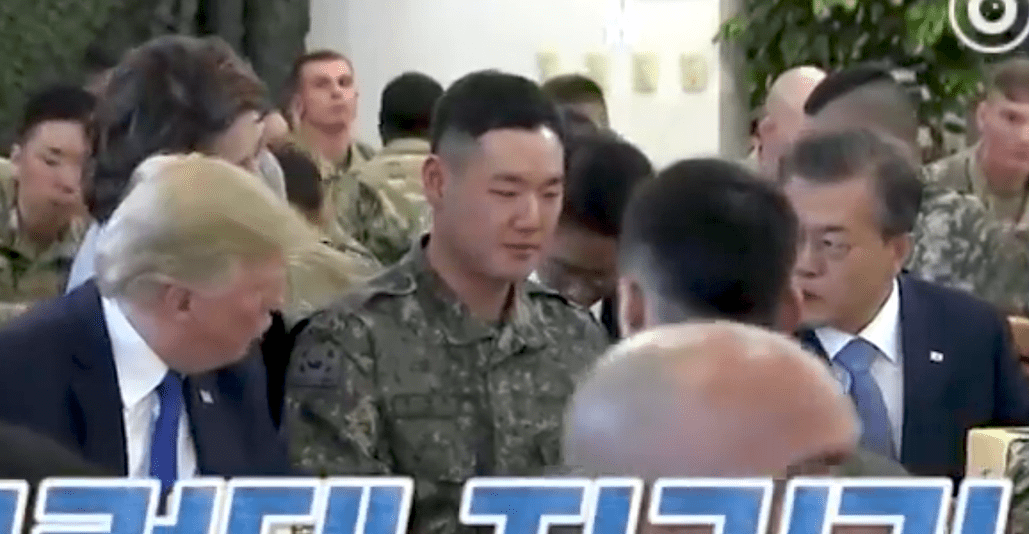Politics
Malaysia’s politics post-Anwar Ibrahim

Author: Bridget Welsh, SMU
Malaysia recently soared into the headlines after Opposition Leader Anwar Ibrahim was acquitted of sodomy charges — although the prosecution has already filed for appeal.

The case is entirely political and reflects the government’s willingness to use the judiciary for political ends. Malaysia is set to enter the most competitive elections it has ever faced — likely to be held before June or else pushed off until 2013 — and each side has a fighting chance to win.
Malaysian politics is dirty. Murder, sodomy, secret trysts, sex videos and conspiracy are all commonplace, and corruption scandals occur regularly. Both sides wallow in this political gutter, each trying to darken the reputation of the other, and not fully appreciating how much the system as a whole has been damaged. The acquittal provided the government with an opportunity to take the high road and move away from this negative approach to politics. Instead, it opted to appeal — despite the shabbiness of the evidence.
Concerns are now focusing on the integrity of the electoral process. The government is mooting reforms but the problems are vast, from the administrative neutrality to vote buying. As the system becomes more competitive, political institutions involved in anti-corruption and the rule of law have increasingly been compromised, with the government putting pressure on institutions such as the civil service to toe the line.
The upcoming election will revolve around the two leaders tapping into their own popularity bases, as politics in Malaysia is highly personalised. Both men have been damaged by character assassinations, and will have to work hard to win support. The test now is whether either candidate will move beyond a largely self-centred campaign and articulate the solutions his leadership can offer. The country’s problems are well known — including the need for economic reform and improved race relations, coupled with growing inequality — but, sadly, the policy options each side promise to pursue are unclear.
Anwar Ibrahim’s strength has been his charisma, and he succeeded in consolidating his support base through martyr politics. Nevertheless, Anwar’s reputation suffered during the trial, and he has a long road ahead to win over new supporters — especially in rural areas, where the government media remains dominant.
On the other hand, Prime Minister Najib Razak faces a trust deficit, which seems to be growing at the same rate as the inconsistencies in his reform policies. It remains unclear what he stands for, and his reliance on handouts to woo voters reflects weakness, not strength.
Malaysian politics is also highly polarised. Both sides can expect support from around 35 per cent of the electorate, with the remaining third in the middle. But in keeping their primary support bases happy, Malaysia’s leaders have alienated the center — and a strategy aimed at the middle ground risks alienating the base. To win the upcoming election, both leaders will need to meet the expectations of their support bases, while simultaneously reaching out to those who are ambivalent, tired of over-politicking and looking for more than negativity.
Najib in particular faces the challenge of preserving the loyalty of his own base, as many are resistant to change and adopt reactionary racial positions. They expect Najib to protect their interests, and have shown in recent years that they will remove any leader who fails their expectations. Najib’s attempts to reach the middle ground — in areas of political reform and ethnic relations — compromise the support of his base. He now has limited political space and the result has been inconsistency. In contrast, Anwar has more of an advantage in reaching out to the middle ground due to the fact that his support base wants change. Yet, he too, has to manage the growing anger of his supporters.
In this complicated terrain ethnic politics remain alive and well. Malaysia has three interconnected inter-ethnic dynamics. The first involves race relations between Malays and non-Malay minorities. Then there is the issue of religion, especially relations between Muslims and other religions. Finally, there is the issue of moderates and more extreme views of race and religion in the Malay community. Each of these has become more difficult to manage since the 2008 elections when Najib’s National Front lost its two-thirds hold on seats, and in some instances has led to acts of violence, such as the church bombings in January 2010.
Navigating these divisions is not easy, and the contenders for power ultimately need to include all Malaysians. For Najib, the challenge is to reach out to non-Malays as his coalition has lost the legitimacy to represent them. For Anwar, the challenge is to show that his coalition can represent the positions of different ethnic groups, while also incorporating the country’s Islamists. Especially challenging for both men is how to accommodate more extreme perspectives within a moderate framework, to move Malaysian politics from negativity and anger towards more inclusion and hope.
Bridget Welsh is Associate Professor of Political Science at Singapore Management University.
- A low note for Malaysia as Anwar trial starts
- Malaysia: Disputing elections
- Politics without priorities in Malaysia
Visit link:
Malaysia’s politics post-Anwar Ibrahim
Politics
US Navy Carrier Conducts Exercises in South China Sea

TEHRAN (Tasnim) – A US Navy aircraft carrier conducted exercises in the contested South China Sea on Friday, the US navy said in a statement. –
A strike group led by the USS Ronald Reagan conducted flight operations and high-end maritime stability operations and exercises, the statement said, Reuters reported.”Integration with our joint partners is essential to ensuring joint force responsiveness and lethality, and maintaining a free and open Indo-Pacific,” US Navy Commander Joshua Fagan, Task Force 70 air operations officer aboard USS Ronald Reagan, was quoted as saying.The drill comes amid heightened tensions between the United States and China.
Washington has criticized Beijing over its novel coronavirus response and accuses it of taking advantage of the pandemic to push territorial claims in the South China Sea and elsewhere.The United States has long opposed China’s expansive territorial claims in the South China Sea and has sent warships regularly through the strategic waterway.China has objected to such exercises and said the US rejection of its claims in the South China Sea has raised tension and undermined stability in the region.China claims nine tenths of the resource-rich South China Sea, through which some $3 trillion of trade passes a year. Brunei, Malaysia, the Philippines, Taiwan and Vietnam have competing claims.
Politics
How China is using tourism for geopolitical goals
The Chinese government has a degree of leverage over its tourists that other governments do not enjoy. Many Chinese tourists are new to international tourism and have limited international language abilities

Decades of astonishing economic growth have given China new tools for extending its influence abroad and achieving its political goals.
(more…)












